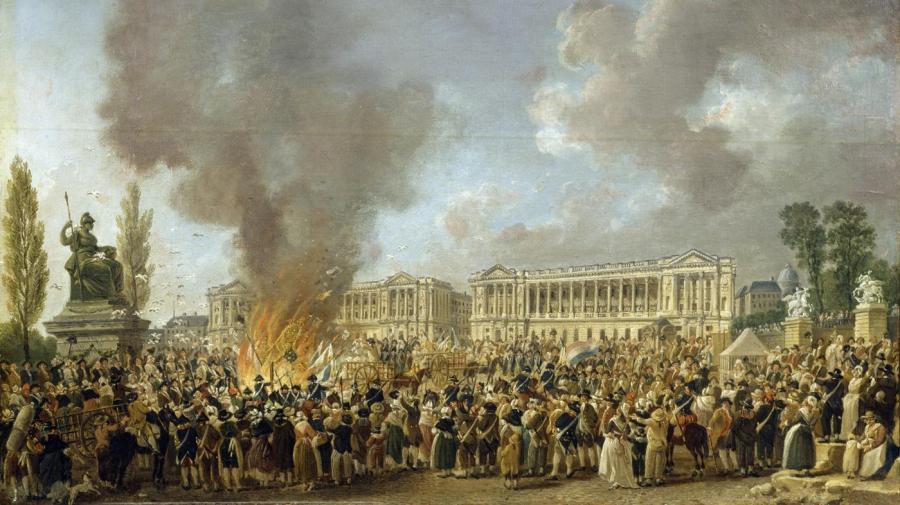What Were Long-Term Effects of the French Revolution?

The French Revolution brought social reform to France by establishing and strengthening the middle class and influencing politics around the world, including the United States. The French Revolution began in 1789 and ended in 1799, although it was precipitated by a series of events and produced long-lasting changes that remained long after the Revolution officially ended.
In France, one of the most significant changes brought by the French Revolution was social reform. The Revolution stemmed from several primary causes, which were political, economic and social in nature. Prior to the Revolution, French citizens lived under the rule of oppressive regimes and rulers. France was controlled by an absolute monarchy in the years leading up to the Revolution, which vested power in the central government, giving rights and freedom to an elite few while depriving the masses of those same rights. Anger and resentment grew among French citizens: they had little land, high taxes and suffered from high rates of poverty, food scarcity and lack of basic supplies under the regime. Through a series of stages, citizens gained a better quality of life and more freedom; inspired by changes during the French Revolution, oppressed peoples in nations around the world, including Latin America and Russia, soon followed suit.





